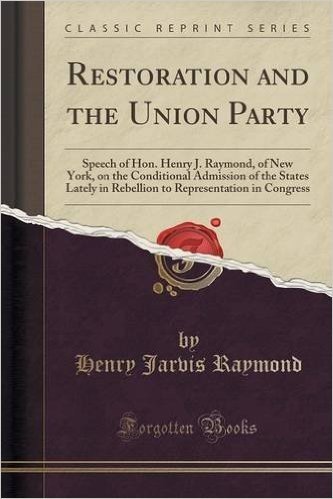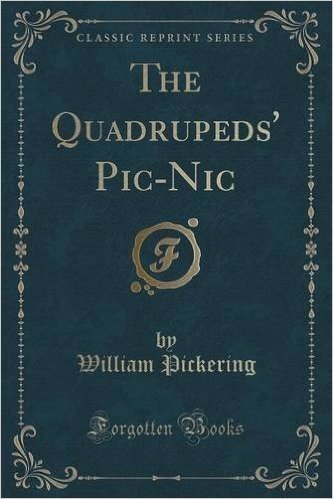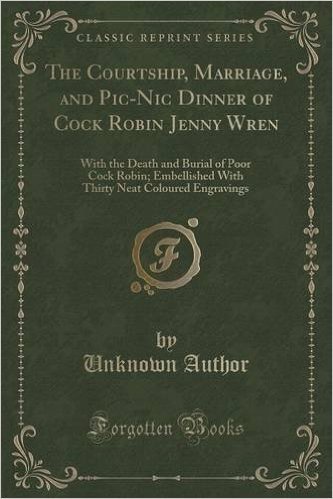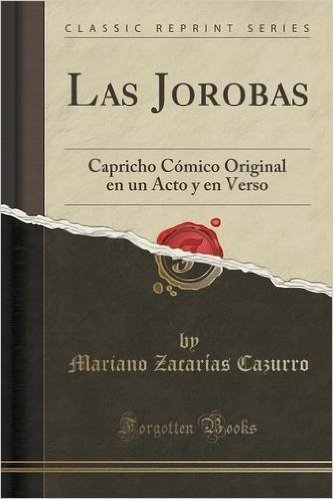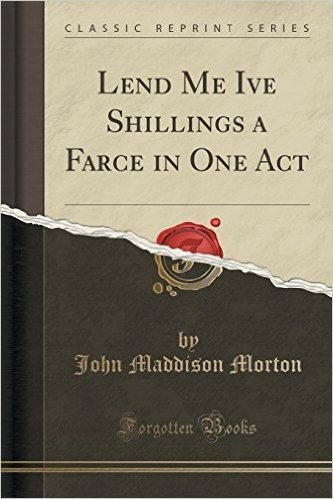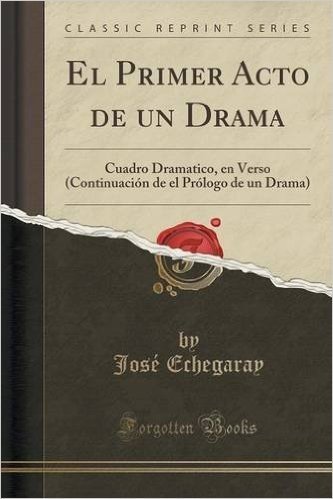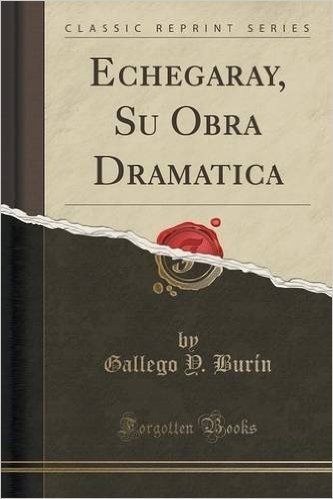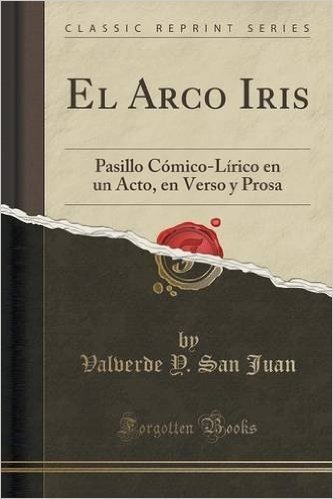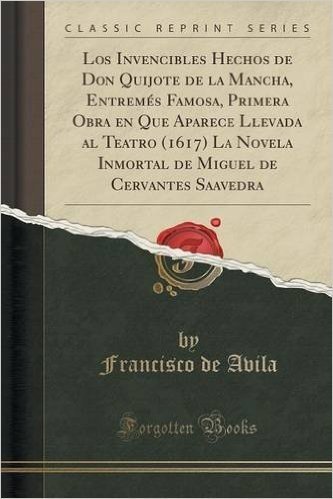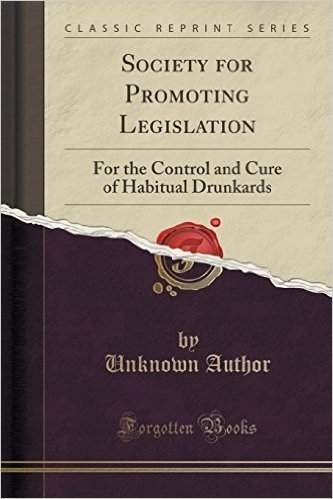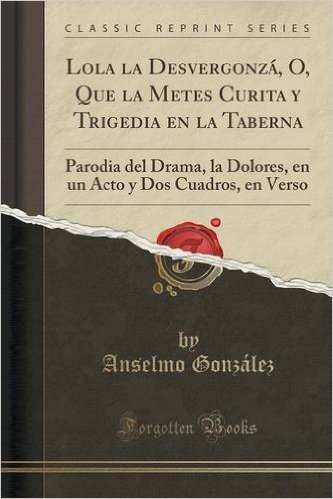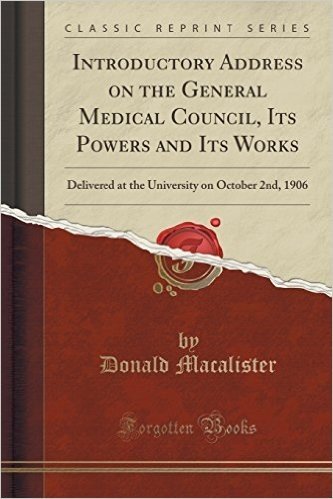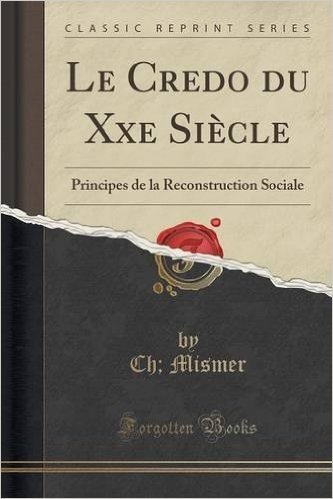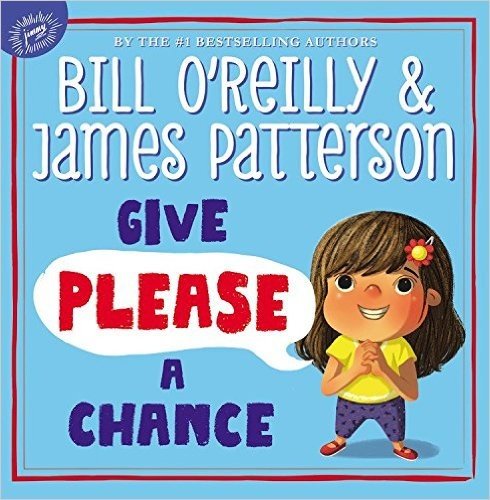Restoration and the Union Party: Speech of Hon. Henry J. Raymond, of New York, on the Conditional Admission of the States Lately in Rebellion to Representation in Congress (Classic Reprint) baixar mp3
Formatos de livro
- Restoration and the Union Party: Speech of Hon. Henry J. Raymond, of New York, on the Conditional Admission of the States Lately in Rebellion to Representation in Congress (Classic Reprint) baixar pdf
- Restoration and the Union Party: Speech of Hon. Henry J. Raymond, of New York, on the Conditional Admission of the States Lately in Rebellion to Representation in Congress (Classic Reprint) baixar mp3
- Restoration and the Union Party: Speech of Hon. Henry J. Raymond, of New York, on the Conditional Admission of the States Lately in Rebellion to Representation in Congress (Classic Reprint) baixar áudio-livro
- Restoration and the Union Party: Speech of Hon. Henry J. Raymond, of New York, on the Conditional Admission of the States Lately in Rebellion to Representation in Congress (Classic Reprint) baixar kindle
Excerpt from Restoration and the Union Party: Speech of Hon. Henry J. Raymond, of New York, on the Conditional Admission of the States Lately in Rebellion to Representation in Congress Mr. Raymond - Mr. Speaker, I regard the action which this House may take upon the bill now before it as of very great importance. The bill embodies principles which touch very nearly the fundamental principles of our Government; and it proposes measures which must affect in a very serious manner the peace and welfare of the country. I venture to hope, Sir, that every member of this House will bring to its consideration a mind unbiased by prejudice and uninfluenced by passion, and that he will act upon it with sole and exclusive reference to its probable effect upon the prosperity and welfare of our common country. I know how difficult it is to withstand the influence of habit and association, personal and political, upon our action here; but if there ever was an occasion when it was incumbent upon each one of us to do all in our power thus to emancipate ourselves from undue and improper influences, I think, Sir, that occasion is offered by the bill which now awaits our action. When this Congress met, Sir, now seven months ago, the war against the rebellion had been closed for half a year. The President of the United States, exercising what he believed to be his rightful authority as the chief Executive of the nation and Commander-in-Chief of its armies, had set in motion the machinery of government in the States where it had been suspended by rebellion. He had appointed Provisional Governors, by whom, under his authority, Conventions and Legislatures were summoned, and elections were held; and those Governors, Legislatures and Conventions, took steps to bring the States back to their normal condition, so far as exercising the power of self-government was concerned. When we met in December last but little remained to be done to complete the work of restoration. The temper of the people in the Southern States was that of submissive and loyal acquiescence in the results of the war. All that remained was to heal the wounds the war had made, and embody in proper form the principles it had established. At an early day of the session, as early as, was proper and convenient, I stated, in the course of some remarks on the general subject, what I thought Congress ought to do - the specific action it ought to take, to complete the work of restoration; and, with the leave of the House, as it is very brief, I will read the paragraph in which that statement was embodied: "In the first place, I think we ought to accept the present status of the Southern States, and regard them as having resumed, under the President's guidance and action, their functions of self-government in the Union. In the second place, I think this House should decide on the admission of Representatives by districts, admitting none but loyal men, who can take the oath we may prescribe, and holding all others as disqualified, the Senate acting, at its discretion, in the same way in regard to representatives of States. I think, in the third place, we should provide by law for giving to the freedmen of the South all the rights of citizens in courts of law and elsewhere. In the fourth place, I would exclude from Federal office the leading actors in the conspiracy which led to the rebellion in every State. In the fifth place, I would make such amendments to the Constitution as may seem wise to Congress and the States, acting freely and without coercion. And sixth, I would take such measures and precautions by the disposition of military forces as will preserve order and prevent the overthrow, by usurpation or otherwise, in any State, of its republican form of government." Nearly all of these points have been covered by the action which Congress has already taken. The status of the Southern States has been substantially recognized
MP3 é o tipo de arquivo usado para armazenar músicas ou audiolivros. Aqui está como isso funciona. Nos antigos formatos de música, como gravações LP ou cassetes, era usada a tecnologia analógica, na qual a música era salva como uma representação física ou magnética do som original. Os arquivos de CD ou MP3 são digitais, o que significa que a música é armazenada como números. Enquanto o CD usa um formato de alta resolução não comprimido, o objetivo do MP3 é comprimir o som, mantendo uma qualidade de som comparável a um CD. O MP3 usa compactação de dados com perdas ou, mais simplesmente, elimina informações de áudio para reduzir o tamanho do arquivo. Então, qual informação é descartada? Principalmente sons com freqüências que o ouvido humano não pode ouvir. Ou, se simultaneamente com sons mais suaves um som mais alto, o algoritmo os ignora. Essa técnica é chamada de codificação perceptual ou psicoacústica. Podemos conseguir uma redução de tamanho de 10 vezes. Uma composição de 33 megabytes em um CD pode ser compactada para cerca de 3 megabytes. Graças à taxa de bits, que é o número de bits por segundo, você pode criar dois arquivos MP3 diferentes com qualidade de som e tamanhos de arquivo diferentes a partir do mesmo arquivo de entrada. A taxa de transferência geralmente pode variar de 32 a 320 kilobits por segundo. Com uma taxa de transferência de dados maior, obtemos gravações de maior qualidade. E vice versa. Uma taxa de bits de 128 kbps é provavelmente a mais comum e geralmente dá a qualidade do som que você ouve no rádio. Vamos ver a estrutura do arquivo MP3. Um arquivo MP3 consiste em pequenos pedaços chamados quadros. Cada quadro contém um cabeçalho e um bloco de dados. O cabeçalho de MP3 começa com uma palavra de sincronização usada para determinar o início de um quadro válido e é acompanhada por informações como taxa de bits, frequência ou modo de canal. O bloco de dados MP3 contém informações de áudio atualizadas em termos de freqüências e amplitudes. A maioria dos arquivos MP3 também contém metadados ID3 que armazenam detalhes da faixa, como título, artista, gênero etc. E é isso. O que você acha? A perda de qualidade dos arquivos MP3 é menor ou você prefere formatos sem perdas como o FLAC? E agora você aprenderá a baixar e ler o livro Restoration and the Union Party: Speech of Hon. Henry J. Raymond, of New York, on the Conditional Admission of the States Lately in Rebellion to Representation in Congress (Classic Reprint) em formato mp3. Por favor, note que os arquivos mp3 fornecem áudio sem texto apenas. Os arquivos podem ser baixados para um computador ou qualquer dispositivo que suporte a reprodução de mp3. Para começar, abra um navegador e acesse nosso site. Você pode usar a pesquisa para um livro ou autor específico. Quando encontrar o livro desejado, selecione Download. Os livros estão disponíveis em dois formatos de áudio: mp3 e daisy audio. Mp3 é o formato de áudio padrão. Se você quiser que o livro esteja em formato de áudio, você deve indicar isso em suas preferências. Agora você está pronto para encontrar e baixar livros em formato mp3! Encontre o livro que deseja ler fazendo uma pesquisa ou navegação, selecione "Áudio" no menu suspenso e selecione "Download" Restoration and the Union Party: Speech of Hon. Henry J. Raymond, of New York, on the Conditional Admission of the States Lately in Rebellion to Representation in Congress (Classic Reprint). Após fazer o download de um livro em formato mp3, você pode ouvir o livro em seu computador usando o media player incorporado ou transferir arquivos para um dispositivo compatível com mp3. Se você usa um dispositivo da Apple, pode usar o iTunes para transferir arquivos para o seu dispositivo. Caso contrário, conecte o dispositivo ao computador e copie o arquivo mp3 ou arquivos para o dispositivo de acordo com as recomendações do fabricante. Transferir arquivos para o seu dispositivo Apple é muito fácil! Conecte seu dispositivo ao seu computador e abra o iTunes. Crie uma pasta no iTunes na seção "Playlists". Para fazer isso, selecione “Nova pasta de lista de reprodução” no menu “Arquivo”. Nomeie sua nova pasta como algo como “Books mp3s”. Em seguida, crie uma nova lista de reprodução na nova pasta, selecionando "Nova lista de reprodução" no menu Arquivo. Chame a playlist do título do livro Restoration and the Union Party: Speech of Hon. Henry J. Raymond, of New York, on the Conditional Admission of the States Lately in Rebellion to Representation in Congress (Classic Reprint) que você baixou. Repita este passo para cada cabeçalho carregado. Arraste a pasta com o livro de mp3 da pasta no seu computador para a lista de reprodução especificada no iTunes. Alguns audiolivros possuem vários arquivos ou capítulos. Certifique-se de selecionar todos os arquivos. Sincronize seu dispositivo. Certifique-se de que a lista de reprodução esteja configurada para sincronizar na guia Música. Agora você está pronto para ouvir o livro do livro.
MP3 é o tipo de arquivo usado para armazenar músicas ou audiolivros. Aqui está como isso funciona. Nos antigos formatos de música, como gravações LP ou cassetes, era usada a tecnologia analógica, na qual a música era salva como uma representação física ou magnética do som original. Os arquivos de CD ou MP3 são digitais, o que significa que a música é armazenada como números. Enquanto o CD usa um formato de alta resolução não comprimido, o objetivo do MP3 é comprimir o som, mantendo uma qualidade de som comparável a um CD. O MP3 usa compactação de dados com perdas ou, mais simplesmente, elimina informações de áudio para reduzir o tamanho do arquivo. Então, qual informação é descartada? Principalmente sons com freqüências que o ouvido humano não pode ouvir. Ou, se simultaneamente com sons mais suaves um som mais alto, o algoritmo os ignora. Essa técnica é chamada de codificação perceptual ou psicoacústica. Podemos conseguir uma redução de tamanho de 10 vezes. Uma composição de 33 megabytes em um CD pode ser compactada para cerca de 3 megabytes. Graças à taxa de bits, que é o número de bits por segundo, você pode criar dois arquivos MP3 diferentes com qualidade de som e tamanhos de arquivo diferentes a partir do mesmo arquivo de entrada. A taxa de transferência geralmente pode variar de 32 a 320 kilobits por segundo. Com uma taxa de transferência de dados maior, obtemos gravações de maior qualidade. E vice versa. Uma taxa de bits de 128 kbps é provavelmente a mais comum e geralmente dá a qualidade do som que você ouve no rádio. Vamos ver a estrutura do arquivo MP3. Um arquivo MP3 consiste em pequenos pedaços chamados quadros. Cada quadro contém um cabeçalho e um bloco de dados. O cabeçalho de MP3 começa com uma palavra de sincronização usada para determinar o início de um quadro válido e é acompanhada por informações como taxa de bits, frequência ou modo de canal. O bloco de dados MP3 contém informações de áudio atualizadas em termos de freqüências e amplitudes. A maioria dos arquivos MP3 também contém metadados ID3 que armazenam detalhes da faixa, como título, artista, gênero etc. E é isso. O que você acha? A perda de qualidade dos arquivos MP3 é menor ou você prefere formatos sem perdas como o FLAC? E agora você aprenderá a baixar e ler o livro Restoration and the Union Party: Speech of Hon. Henry J. Raymond, of New York, on the Conditional Admission of the States Lately in Rebellion to Representation in Congress (Classic Reprint) em formato mp3. Por favor, note que os arquivos mp3 fornecem áudio sem texto apenas. Os arquivos podem ser baixados para um computador ou qualquer dispositivo que suporte a reprodução de mp3. Para começar, abra um navegador e acesse nosso site. Você pode usar a pesquisa para um livro ou autor específico. Quando encontrar o livro desejado, selecione Download. Os livros estão disponíveis em dois formatos de áudio: mp3 e daisy audio. Mp3 é o formato de áudio padrão. Se você quiser que o livro esteja em formato de áudio, você deve indicar isso em suas preferências. Agora você está pronto para encontrar e baixar livros em formato mp3! Encontre o livro que deseja ler fazendo uma pesquisa ou navegação, selecione "Áudio" no menu suspenso e selecione "Download" Restoration and the Union Party: Speech of Hon. Henry J. Raymond, of New York, on the Conditional Admission of the States Lately in Rebellion to Representation in Congress (Classic Reprint). Após fazer o download de um livro em formato mp3, você pode ouvir o livro em seu computador usando o media player incorporado ou transferir arquivos para um dispositivo compatível com mp3. Se você usa um dispositivo da Apple, pode usar o iTunes para transferir arquivos para o seu dispositivo. Caso contrário, conecte o dispositivo ao computador e copie o arquivo mp3 ou arquivos para o dispositivo de acordo com as recomendações do fabricante. Transferir arquivos para o seu dispositivo Apple é muito fácil! Conecte seu dispositivo ao seu computador e abra o iTunes. Crie uma pasta no iTunes na seção "Playlists". Para fazer isso, selecione “Nova pasta de lista de reprodução” no menu “Arquivo”. Nomeie sua nova pasta como algo como “Books mp3s”. Em seguida, crie uma nova lista de reprodução na nova pasta, selecionando "Nova lista de reprodução" no menu Arquivo. Chame a playlist do título do livro Restoration and the Union Party: Speech of Hon. Henry J. Raymond, of New York, on the Conditional Admission of the States Lately in Rebellion to Representation in Congress (Classic Reprint) que você baixou. Repita este passo para cada cabeçalho carregado. Arraste a pasta com o livro de mp3 da pasta no seu computador para a lista de reprodução especificada no iTunes. Alguns audiolivros possuem vários arquivos ou capítulos. Certifique-se de selecionar todos os arquivos. Sincronize seu dispositivo. Certifique-se de que a lista de reprodução esteja configurada para sincronizar na guia Música. Agora você está pronto para ouvir o livro do livro.
- Henry Jarvis Raymond Autor:
- 1330700090 Isbn 10:
- 978-1330700099 Isbn 13:
- Capa comum Páginas de capa mole:
- Forgotten Books Publisher:
- 54 g Peso:
- 54 g Peso:
- 15,2 x 0,2 x 22,9 cm Dimensões e tamanhos:
- Inglês Idioma:
- 28 páginas Livro de capa mole Restoration and the Union Party: Speech of Hon. Henry J. Raymond, of New York, on the Conditional Admission of the States Lately in Rebellion to Representation in Congress (Classic Reprint):
